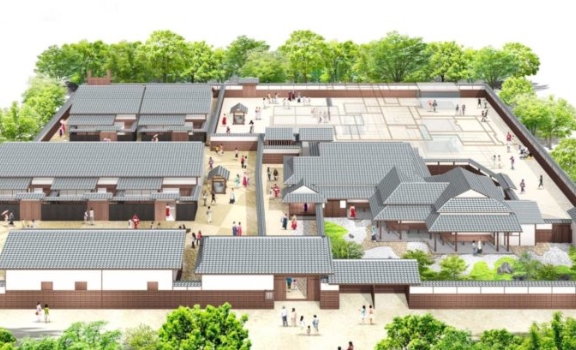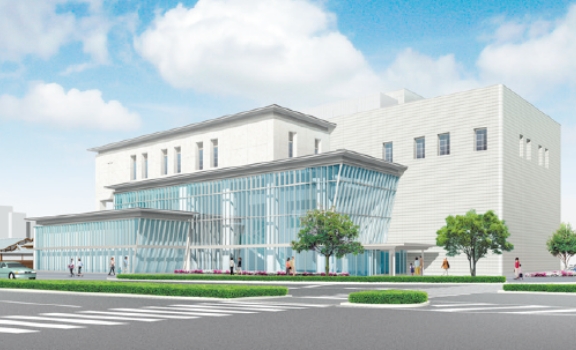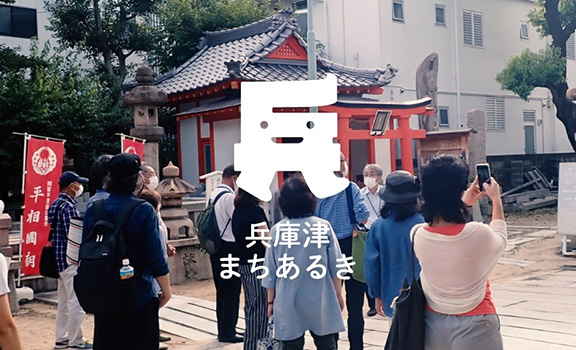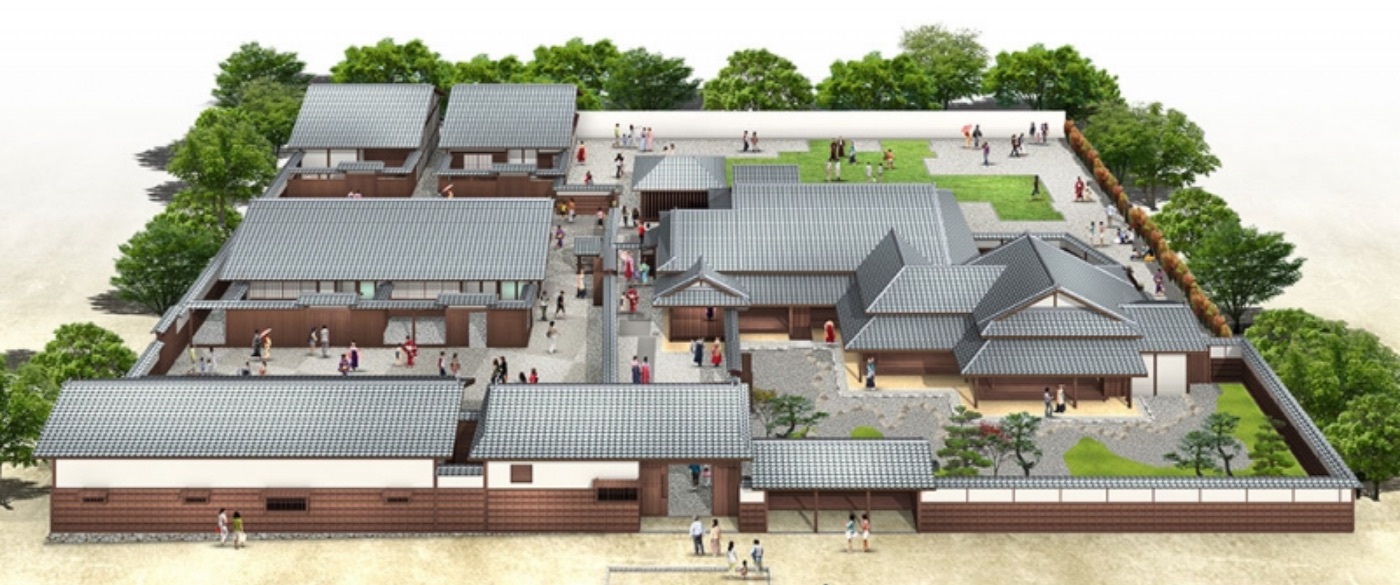

The First Hyogo Prefectural Office is a restoration of the Hyogo Branch of the Osaka Magistrate Office, which was later used as the prefectural office when Hyogo Prefecture was established on May 23, 1868. Visitors can experience the historical space back then in the restored prefectural office building, including the governor’s office at that time, and former official residences. The MR tour “Virtual Visit!” features the drama of the Meiji Restoration at the end of the Tokugawa shogunate that unfolded in the first prefectural office. Visitors are invited to enjoy the fusion of historical atmosphere and the latest interactive technology.
Floor Map
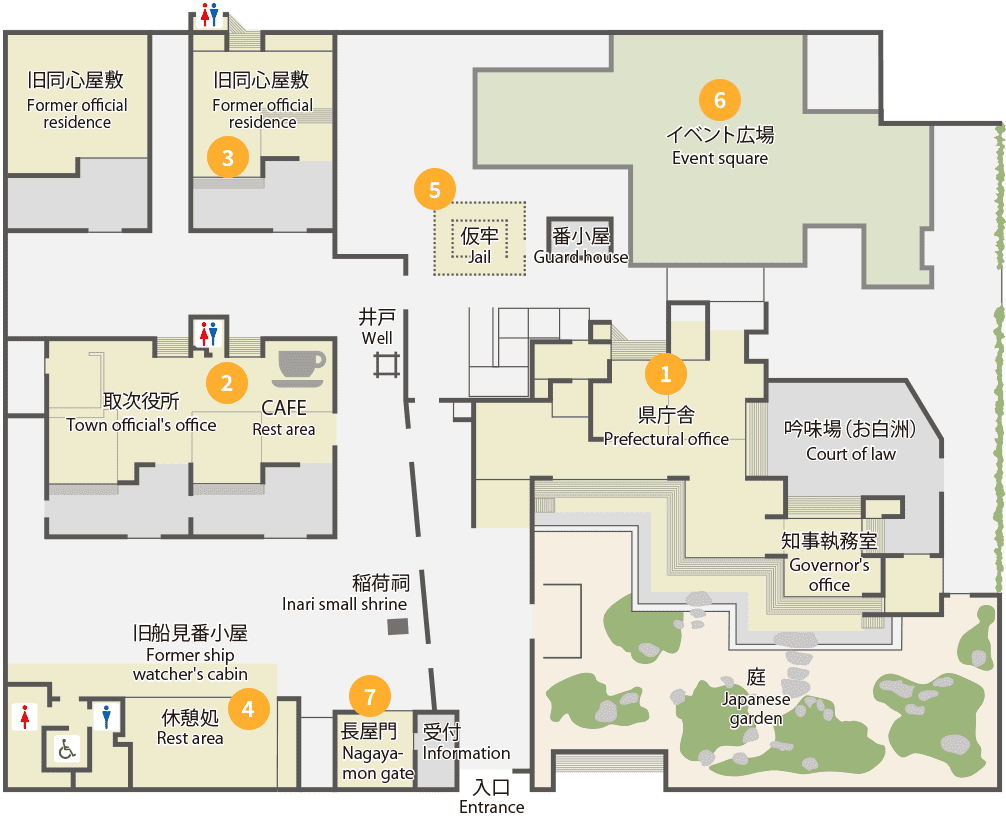
Highlights of the First Hyogo Prefectural Office
1Prefectural Office
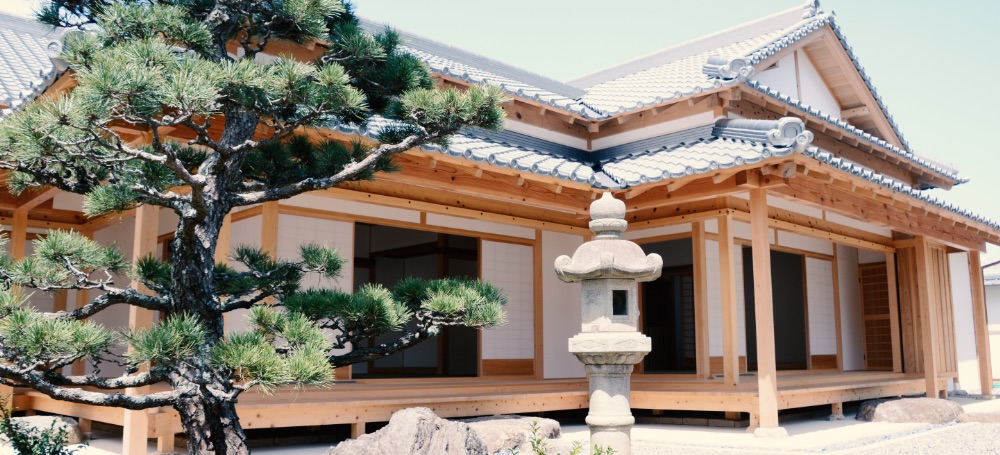
This is where the Governor and prefectural officials performed their duties. During the Edo period (1603–1868), it was used as a branch of the Magistrate Office, and lower-ranking officials worked here. Restorations include the Governor’s Office that the first Governor Ito Shunsuke (aka Ito Hirobumi) used, the court of law, and the garden.
2Town Official’s Office
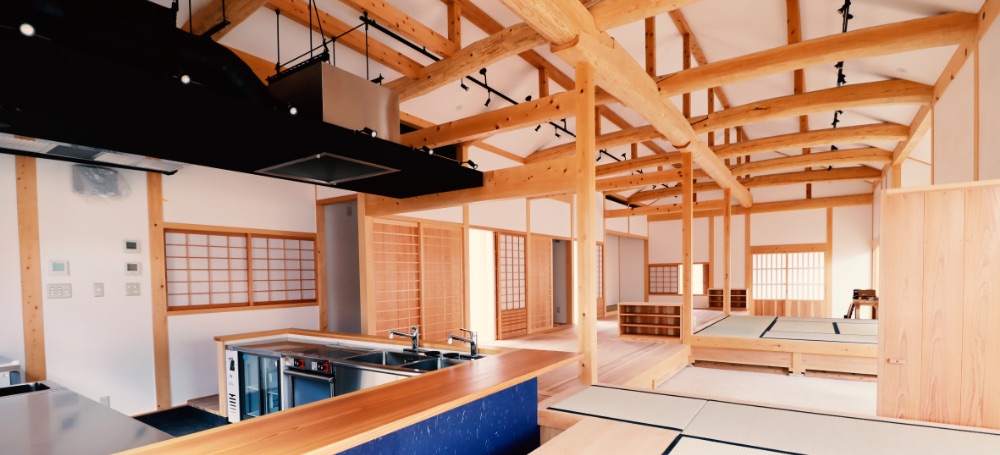
When used as the Hyogo Branch of the Osaka Magistrate Office, this building was the official residence of lower-ranking officials in Hyogo-no-Tsu. After the establishment of Hyogo Prefecture, it became an intermediary office where leaders of the communities around Hyogo-no-Tsu commuted on a daily basis to handle neighborhood policing and lawsuits.
In this Museum, this area serves as a café.
3Former Official Residence
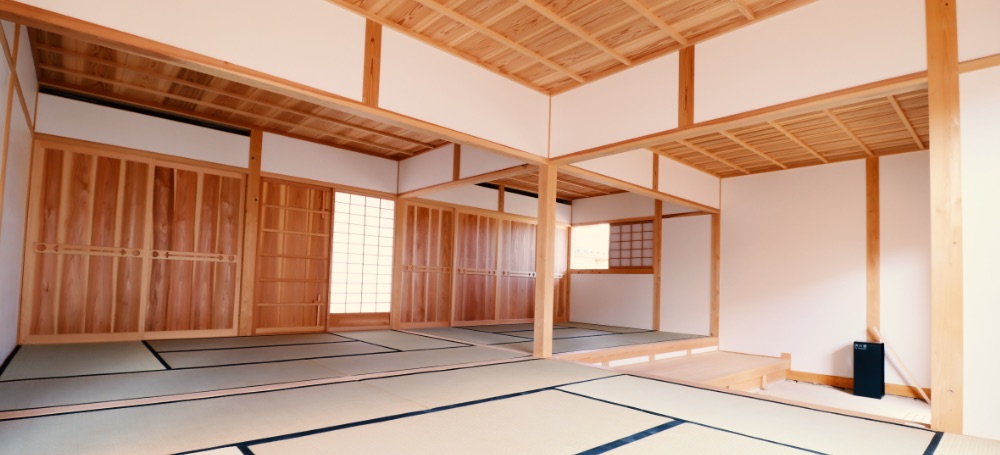
When used as the Hyogo Branch of the Osaka Magistrate Office, this building was the official residence of lower-ranking officials in Hyogo-no-Tsu. Upon the Hyogo Branch’s establishment, three officials from Hida-Takayama (now Gifu Prefecture) were dispatched, each given a residence within the office. The size of a residence was set at 50 tsubo (about 165 m2), and they lived there with their families and engaged in duties such as patrol of the area.
In this Museum, this area is available as a rental space. (For details, please refer to “General Information.”)
4Former Ship Watcher’s Cabin
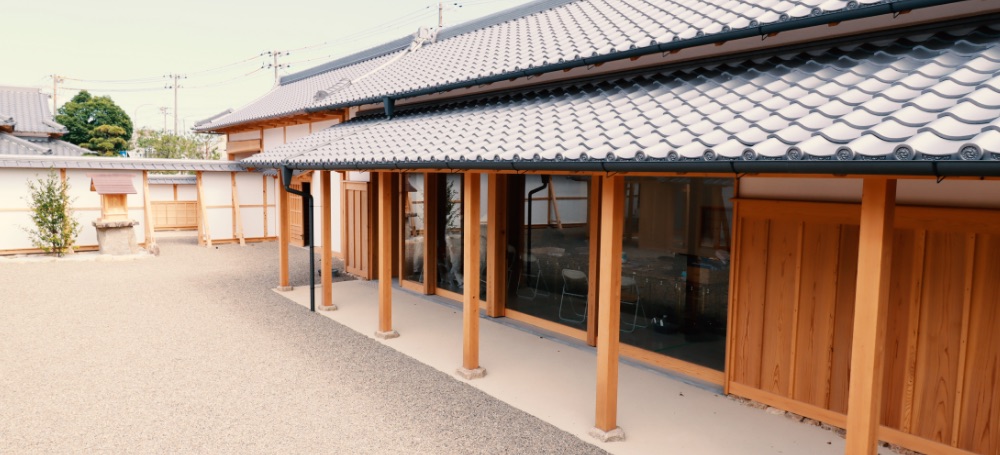
One of the important functions of the Hyogo Branch of the Osaka Magistrate Office was to watch over the ships sailing off Cape Wada. A watchtower was set up on the cape, where the ship watchers took turns performing their duties. This was their dormitory in the form of a semi-detached tenement house. The ship watchers ended their role around the time the prefectural office was established.
In this Museum, this area serves as a rest space.
5Jail
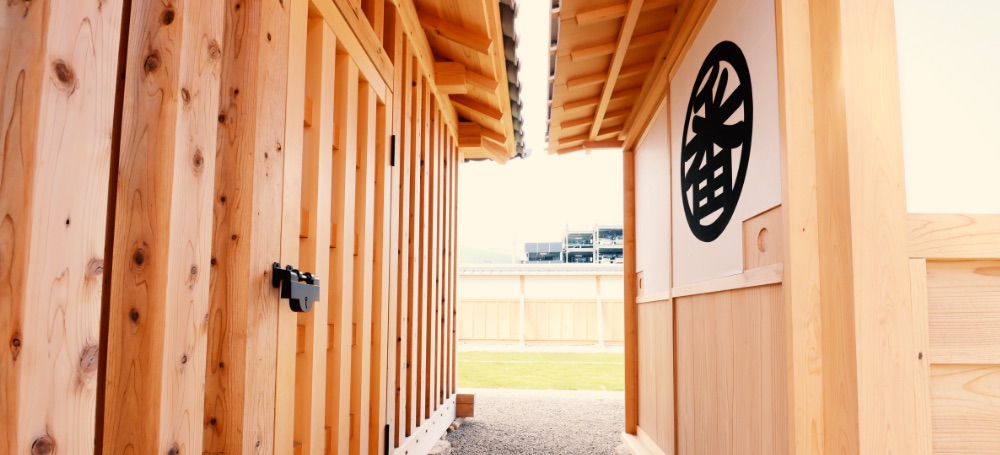
The jail, with an attached guardhouse, was used to detain criminals for a short period of time. Visitors can actually go inside.
6Event Square
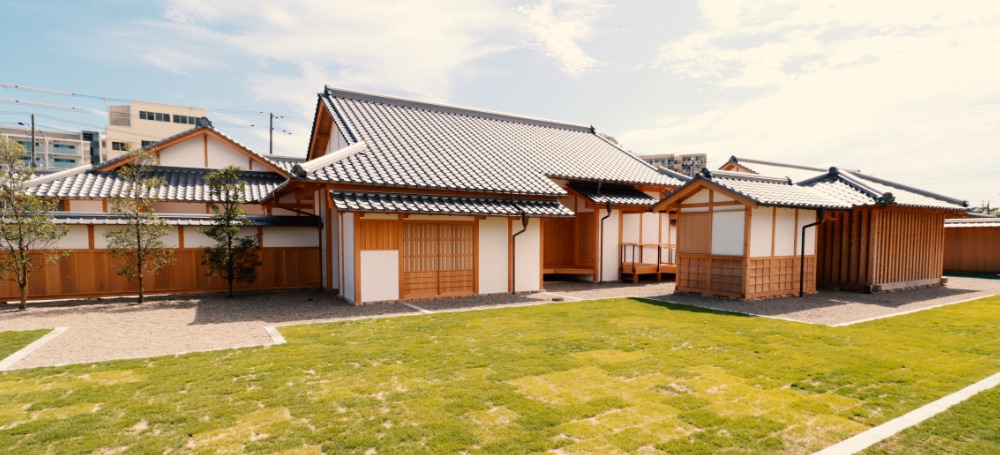
This is an event space with a lawn covering the approximate building area when this location was used as an office of the Amagasaki clan.* It can be used as an outdoor eating and resting space as well as a venue for events.
*This location had been used by the Amagasaki clan before it became the Hyogo Branch of the Osaka Magistrate Office.
7Nagayamon Gate
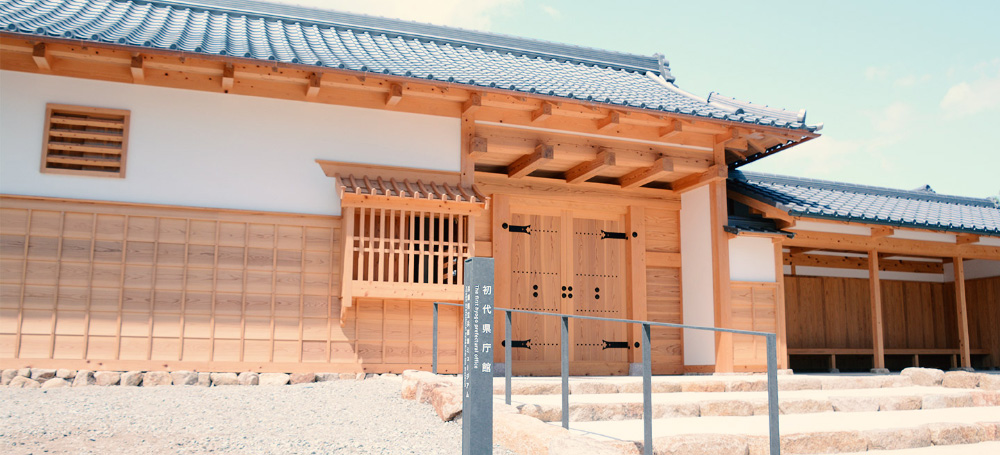
Nagayamon Gate is the main entrance to the prefectural office. In a book titled Kobe Ranko, which was published during the Meiji era (1868–1912), there is a picture of Nagayamon Gate and a mud wall extending to the east.


